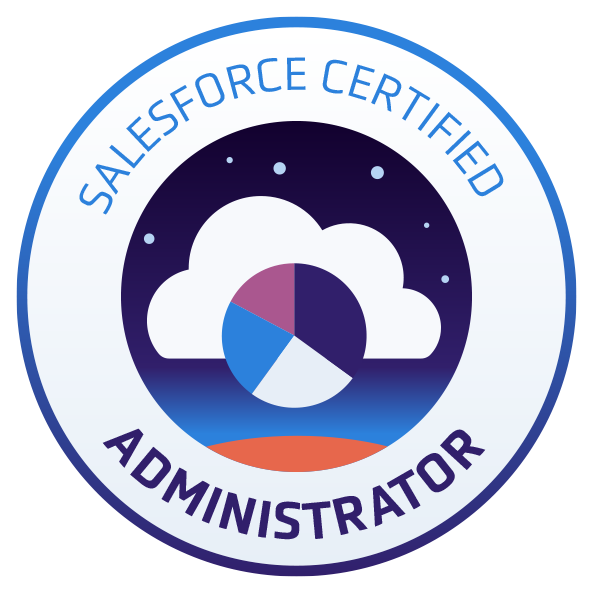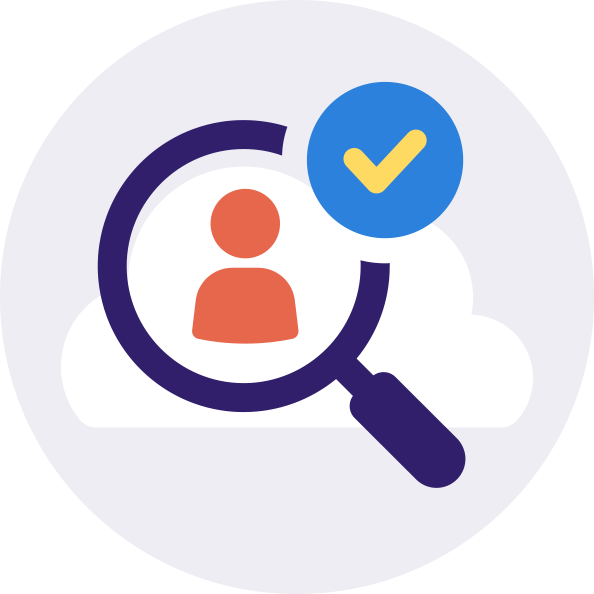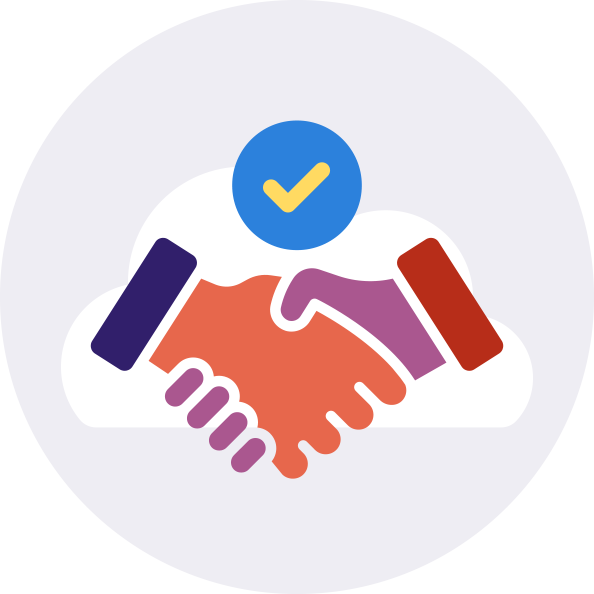
Career Spotlights
Salesforce Administrator
How much do Administrators make?
Freelance Administrators work an average of 24 hours per week
Permanent Administrators work an average of 39 hours per week
of Administrators are satisfied with their salary, down from 67% in our previous survey
of Administrators are satisfied with their job, up from 71% in our last survey
What factors impact your earning potential as an Administrator?
| Important | Neutral | Unimportant | |
|---|---|---|---|
| Years of technical experience with Salesforce | 96% | 2% | 3% |
| Salesforce certifications | 87% | 8% | 7% |
| Exposure to large projects | 87% | 9% | 3% |
| Years of experience in IT | 71% | 20% | 9% |
|
Becoming a Salesforce product specialist (e.g. working with Salesforce Industries [Vlocity], CPQ, FSL, Sales and Service Cloud) |
71% | 20% | 9% |
| Specific vertical industry experience | 64% | 34% | 2% |
| College/University degree(s) | 57% | 20% | 23% |
| Working with AI | 36% | 52% | 13% |
Years of technical experience with Salesforce
| Important | Neutral | Unimportant |
|---|---|---|
| 96% | 2% | 3% |
Salesforce certifications
| Important | Neutral | Unimportant |
|---|---|---|
| 87% | 8% | 7% |
Exposure to large projects
| Important | Neutral | Unimportant |
|---|---|---|
| 87% | 9% | 3% |
Years of experience in IT
| Important | Neutral | Unimportant |
|---|---|---|
| 71% | 20% | 9% |
Becoming a Salesforce product specialist (e.g. working with Salesforce Industries [Vlocity], CPQ, FSL, Sales and Service Cloud)
| Satisfied | Neutral | Dissatisfied |
|---|---|---|
| 71% | 20% | 9% |
Specific vertical industry experience
| Important | Neutral | Unimportant |
|---|---|---|
| 64% | 34% | 2% |
College/University degree(s)
| Important | Neutral | Unimportant |
|---|---|---|
| 57% | 20% | 23% |
Working with AI
| Important | Neutral | Unimportant |
|---|---|---|
| 36% | 52% | 13% |
What steps should you take to become an Administrator?


Education
In terms of what kind of educational background you might need, 70% of Administrators hold at least a Bachelor’s degree. While 57% consider a degree to be an important factor when it comes to increasing earning potential, only 25% think that a degree is important to have to work with Salesforce.


Certification
Salesforce certifications are a great way to learn about other areas of the platform, as well as helping to verify your existing skill set to potential employers.
When it comes to Administrators, 94% are certified, yet 87% of respondents with certs believe that certifications help candidates stand out in a competitive job market.
There are currently six primary Salesforce Administrator certifications. Two are essential for day-to-day tasks, while the other four others specialize in managing specific Salesforce applications.
The Certified Administrator credential is the foundational certification for any Salesforce admin, validating core platform knowledge and proficiency in managing, configuring, and maintaining Salesforce.
Going up a level, the Certified Advanced Administrator certification delves deeper into Salesforce, covering advanced reporting, automation, and dashboard design.
If you want to branch out into other Salesforce apps, you could earn the Certified Marketing Cloud Administrator badge, designed for admins who can configure, manage, and troubleshoot Marketing Cloud products.
If you’re looking to focus on app-specific knowledge, then the Certified Business Analyst, Certified CPQ Specialist, and Certified Platform App Builder courses will all arm you with more specialist skill sets.
What Salesforce certifications do Administrators hold?
Roles that can lead on to becoming an Administrator
Here are a few of the roles Salesforce Administrators often start their careers in:
- Business Analyst
- Systems Administrator
- CRM Administrator/Analyst
- Data Entry Specialist
- Non-tech professionals who've used Salesforce as an end user/customer
What skills and experience should an Administrator have?
Technical skills for Salesforce Administrators
- Salesforce platform mastery: Deep understanding of Salesforce core functionalities, including Sales Cloud, Service Cloud, and other modules
- Data management: Proficiency in data import, export, cleaning, and manipulation
- Configuration and customization: Ability to tailor Salesforce to meet specific business requirements using workflows, validation rules, process builder, and other tools
- Reporting and analytics: Expertise in creating reports, dashboards, and leveraging analytics tools for data-driven decision making
- AppExchange: Knowledge of available apps and ability to evaluate and implement solutions
- API integration: Understanding of how to integrate Salesforce with other systems
- Security: Proficiency in implementing and maintaining data security measures
- Apex and Visualforce: Basic to intermediate knowledge for advanced customizations (optional)
- Automation: Skill in automating processes using workflow rules, process builder, and automation tools
Soft skills for Salesforce Administrators
- Communication: Ability to explain technical concepts to non-technical users
- Problem solving: Strong analytical skills to identify and resolve issues
- Project management: Ability to manage multiple projects and prioritize tasks
- Customer focus: Understanding user needs and delivering solutions that meet expectations
- Adaptability: Willingness to learn new Salesforce features and functionalities
- Attention to detail: Ensuring data accuracy and system integrity
- Teamwork: Collaborating with cross-functional teams
- Change management: Ability to guide users through system changes and updates
- Time management: Effective prioritization and organization of tasks
- Business acumen: Understanding of business processes and how Salesforce can support them
What are the opportunities for progression for an Administrator?
Salesforce Administrator
Salesforce Developer
Salesforce Consultant
Salesforce Business Analyst
Senior Salesforce Developer
Senior Salesforce Consultant
Project Manager
Salesforce Technical Architect
Salesforce Solution Architect
Program Manager
Salesforce Administrator
Salesforce Developer
Senior Salesforce Developer
Salesforce Technical Architect
Salesforce Consultant
Senior Salesforce Consultant
Salesforce Solution Architect
Salesforce Business Analyst
Project Manager
Program Manager


Are you looking to hire Salesforce professionals?


Are you a job seeker?
MASON FRANK’S
CAREERS AND HIRING GUIDE
KEY FINDINGS 2025



